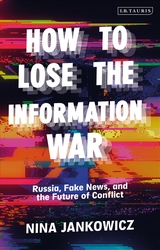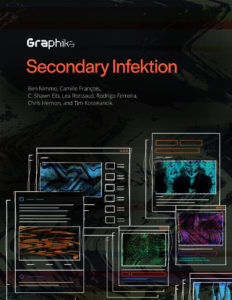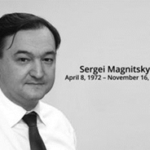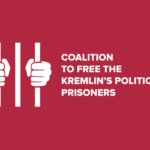 Contemporary Russia is probably weaker in geographical, demographic, economic, military and diplomatic terms than at any time in the past century, notes Evan Mawdsley, a former professor of international history at the University of Glasgow. In dealing with this fearful situation, the government in Moscow has had the advantage over its international rivals of its institutional strength relative to Russian civil society. Both under the communists and under their successors, there were few checks on what the Russian state could do – it has made up its own rules, he writes for the BBC.
Contemporary Russia is probably weaker in geographical, demographic, economic, military and diplomatic terms than at any time in the past century, notes Evan Mawdsley, a former professor of international history at the University of Glasgow. In dealing with this fearful situation, the government in Moscow has had the advantage over its international rivals of its institutional strength relative to Russian civil society. Both under the communists and under their successors, there were few checks on what the Russian state could do – it has made up its own rules, he writes for the BBC.
In one chapter of her new book, “How to Lose the Information War,” Nina Jankowicz describes how relocating the Bronze Soldier statue in Tallinn, Estonia’s capital, exposed divisions between Russian speakers and Estonians. The Bronze Soldier was a controversial Soviet World War II memorial, which also served as a reminder to many of the 50 years Estonia spent under Soviet occupation.
Jankowicz spoke with The World’s Marco Werman about how this controversy made Estonia vulnerable to a cyberattack over a decade ago that laid some of the groundwork for Russia’s future disinformation campaigns.
 Russia’s authoritarian political system under President Vladimir Putin shows no signs of letting up on its domestic repression or its foreign activities. The courts, the legislative branch, most of the media, and the security services are all controlled by the Kremlin, with private sector oligarchs beholden to Putin and corruption the glue that holds it all together, notes the nonpartisan Democracy & Human Rights Working Group:
Russia’s authoritarian political system under President Vladimir Putin shows no signs of letting up on its domestic repression or its foreign activities. The courts, the legislative branch, most of the media, and the security services are all controlled by the Kremlin, with private sector oligarchs beholden to Putin and corruption the glue that holds it all together, notes the nonpartisan Democracy & Human Rights Working Group:
Russia under President Putin is a threat to the West and to its own people. While the West has worked to counter Russia through a variety of “sticks,” it is also important to explore the use of “carrots,” in particular aimed at the Russian people. Recommendations for the U.S. administration, Congress, and the 2020 presidential candidates for supporting democracy, human rights and rule of law in Russia include:
-

Credit ESI
Maintaining, even enhancing, sanctions under the Global Magnitsky Act and other statutes, as they are effective in pressuring the elites but still allow for humanitarian aid.
- Maintaining sectoral and financial sanctions, which have effectively put Putin’s state-run businesses under an international credit blockade and can significantly constrain their external ambitions, unless and until Putin withdraws Russian forces from Ukraine.
- Continuing to provide support to Russian civil society organizations, especially by training human rights lawyers, both within and outside of Russia, and by working with them to fight the legal tools (i.e. “foreign agents” law and ban on “undesirable” foreign organization) being used by the Kremlin to stifle independent civil society.
- Ending the enabling of Russian oligarchs who buy assets, in particular cash-based real estate purchases, in the United States as a means of protecting their corrupt wealth, and urging other countries to do the same.
- Countering Russia’s disinformation efforts by supporting independent media and media literacy campaigns relating to the virus (origins of COVID-19, prevention measures, etc.), elections in Russia and the Kremlin’s efforts to influence elections abroad, human rights violations, and prisoner rights.
 Monitoring the state of political prisoners in Russia and urging their release, as they risk a death sentence if they remain in cramped prisons without protection from COVID-19.
Monitoring the state of political prisoners in Russia and urging their release, as they risk a death sentence if they remain in cramped prisons without protection from COVID-19.- Coordinating with allies in Europe to develop a global response to the COVID-19 pandemic that is based on science and meets the needs of those most affected, with the intent of providing needed assistance to Russia and other countries whose governments are not addressing the crisis effectively, including considering providing needed medical supplies to Russia to fight COVID-19.
- Providing support for countries neighboring Russia, both with regard to fighting the coronavirus as well as other needs, such as providing enhanced security cooperation and assistance. RTWT
* The Democracy & Human Rights Working Group is a nonpartisan initiative bringing together academic and think tank experts and practitioners from NGOs and previous Democratic and Republican administrations, seeking to elevate the importance of democracy and human rights issues in U.S. foreign policy. It is convened by Arizona State University’s McCain Institute for International Leadership. The views expressed here do not necessarily represent the positions of individual members of the group or of their organizations.







